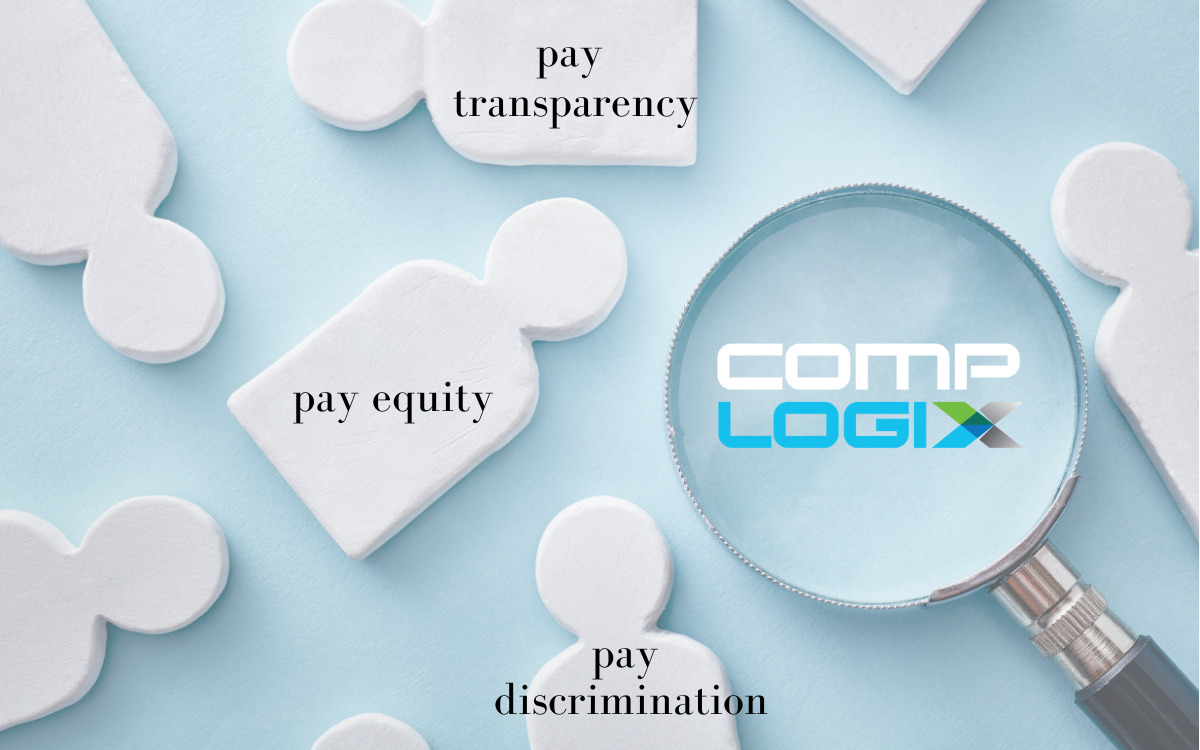If we had to name defining compensation challenges for 2022, pay equity would be near the top of the list. A recent survey conducted by salary.com revealed that 64% of HR pros feel increasing pressure to address pay equity at their companies, and this pressure isn’t just coming from current employees. Job candidates are also expecting employers to step up to the plate to get pay right.
When it comes to the battle for talent, pay equity is a key differentiator. Compensation clearly matters and was ranked among the top considerations when evaluating a company for potential employment. For employees, it goes beyond just knowing they are paid fairly. They also want to be sure that their co-workers and colleagues are given the same consideration.
With 95% of HR professionals identifying pay equity as a competitive advantage in the war for talent, it makes sense that 2023 will bring increased focus on addressing it.
What is Pay Equity?
So what, exactly, is pay equity? At its simplest, pay equity means equal pay for comparable work. Modern definitions go a bit farther to include a wage that is competitive externally, and even more important, communicated transparently.
The Society for Human Resource Management (SHRM) conducted its own pay equity survey and revealed some additional facts worth considering. Employees often don’t know if they are fairly compensated; 40% felt they are getting paid a fair and equitable wage, while another 40% did not believe they are. When asked about people in the same role in other companies, 46% indicated they are not family compensated. Nearly as many (37%) felt pay inequity as compared to their internal colleagues.
Why Pay Transparency Matters
Pay is among the most basic foundations of the employer-employee contract. People who manage others need to be able to answer the important question of “how is my pay determined?” SHRM found that only (34%) of HR professionals felt managers in their company could confidently answer that question.
The general lack of pay transparency contributes to this problem. Wages and rates of pay have long been kept secretively, which only adds to employees’ skepticism about being paid fairly as compared to their peers.
When it comes to talking about pay, only 23% of employees feel it is acceptable to ask questions about salary and 45% say they do not feel comfortable talking about their wage or salary with a superior. Of those who have asked about pay in discussions with their manager, over half said they were unable to get a satisfactory explanation of how their rate of pay was determined. Another 17% said they didn’t get an answer at all.
Uncertainty about fair pay adds to the phenomenon known as “the great resignation,” where a record number of employees have left jobs since the start of the pandemic. This trend is expected to continue into 2023. PwC’s “Global Workforce Hopes and Fears Survey” found that one in every five workers may quit their jobs and about 71% of those surveyed said pay was the key factor driving the decision to change roles.
This lack of trust among employees with regard to how pay is administered and distributed points to the need to do a better job of managing and communicating this important business matter.
Steps to Address Pay Equity and Employee Perceptions of Fair Pay
Compensation decisions are among the most critical decisions a company can make on behalf of its current employees and weigh heavily in the decision for new talent to join an organization. Getting them wrong may lead to the loss of top performers, reduced morale, or even discrimination.
One way to address compensation fairness directly is to implement a systematic and technology-focused approach to compensation management. Managers need easily accessible, accurate and understandable data to make fair and equitable decisions about their employees’ pay. Compensation management solutions that eliminate manual error and subjectivity can go a long way toward not only administering pay fairly, but also in instilling confidence among team members that compensation is handled fairly and with care.
Compensation management technology enables organizations to create and maintain informed and responsible salary models, which contributes to an equitable workforce culture. Stay tuned for our next blog that outlines the ways a robust compensation management solution can help your organization support pay equity, build a loyal employee base, and stand out from the competition when recruiting new talent.
![]() If you don’t want to wait and are ready to talk about the ways a compensation management solution could contribute to pay transparency and equity for your organization, CompLogix is prepared to answer your questions. Get a no-obligation demo and learn more!
If you don’t want to wait and are ready to talk about the ways a compensation management solution could contribute to pay transparency and equity for your organization, CompLogix is prepared to answer your questions. Get a no-obligation demo and learn more!

